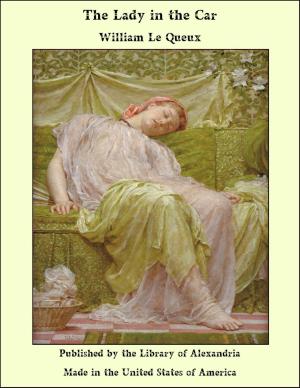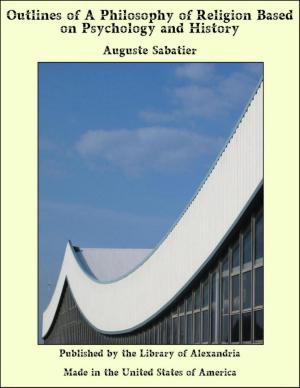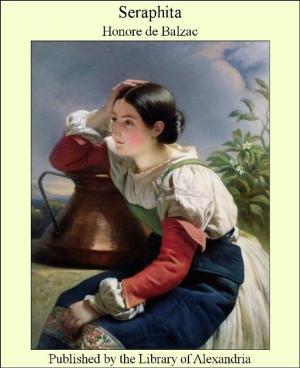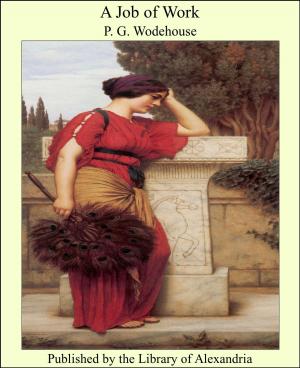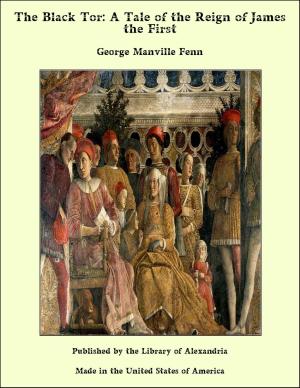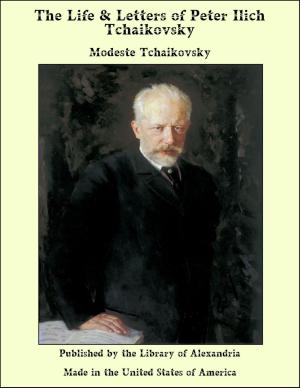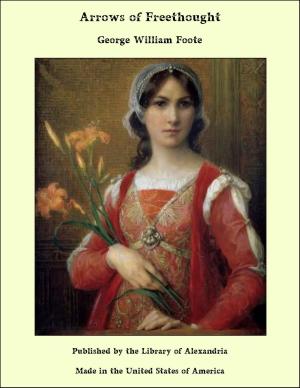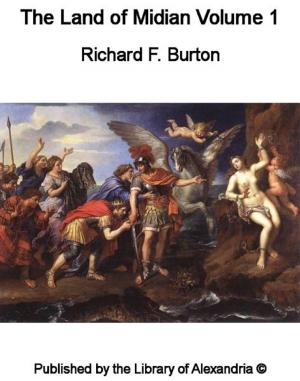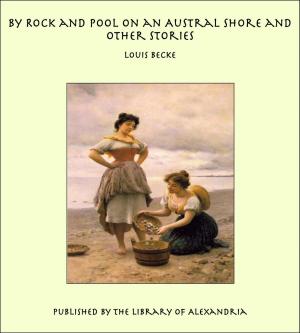Folk-lore and legends: English
Nonfiction, Religion & Spirituality, New Age, History, Fiction & Literature| Author: | Charles John Tibbits | ISBN: | 9781465604613 |
| Publisher: | Library of Alexandria | Publication: | March 8, 2015 |
| Imprint: | Language: | English |
| Author: | Charles John Tibbits |
| ISBN: | 9781465604613 |
| Publisher: | Library of Alexandria |
| Publication: | March 8, 2015 |
| Imprint: | |
| Language: | English |
In Vienne, in Dauphiny, is Le puit des fées, or Fairy-well. These fays, it must be confessed, have a strong resemblance to the nymphs of the ancients, who inhabited caves and fountains. Upon a little rock which overlooks the Rhone are three round holes which nature alone has formed, although it seem, at first sight, that art has laboured after her. They say that they were formerly frequented by Fays; that they were full of water when it rained; and that they there frequently took the pleasure of the bath; than which they had not one more charming (Chorier, Recherches, etc.). Pomponius Mela, an eminent geographer, and, in point of time, far anterior to Pliny, relates, that beyond a mountain in Æthiopia, called by the Greeks the “High Mountain,” burning, he says, with perpetual fire, is a hill spread over a long tract by extended shores, whence they rather go to see wide plains than to behold [the habitations] of Pans and Satyrs. Hence, he adds, this opinion received faith, that, whereas, in these parts is nothing of culture, no seats of inhabitants, no footsteps—a waste solitude in the day, and a mere waste silence—frequent fires shine by night; and camps, as it were, are seen widely spread; cymbals and tympans sound; and sounding pipes are heard more than human (B. 3, c. 9). These invisible essences, however, are both anonymous and nondescript. The penates of the Romans, according to honest Reginald Scot, were “the domesticall gods, or rather divels, that were said to make men live quietlie within doores. But some think that Lares are such as trouble private houses. Larvæ are said to be spirits that walk onelie by night. Vinculi terrei are such as was Robin Goodfellowe, that would supplie the office of servants, speciallie of maides, as to make a fier in the morning, sweepe the house, grind mustard and malt, drawe water, etc. These also rumble in houses, drawe latches, go up and down staiers,” etc. A more modern writer says “The Latins have called the fairies lares and larvæ, frequenting, as they say, houses, delighting in neatness, pinching the slut, and rewarding the good housewife with money in her shoe”. This, however, is nothing but the character of an English fairy applied to the name of a Roman lar or larva. It might have been wished, too, that Scot, a man unquestionably of great learning, had referred, by name and work and book and chapter, to those ancient authors from whom he derived his information upon the Roman penates, etc.
In Vienne, in Dauphiny, is Le puit des fées, or Fairy-well. These fays, it must be confessed, have a strong resemblance to the nymphs of the ancients, who inhabited caves and fountains. Upon a little rock which overlooks the Rhone are three round holes which nature alone has formed, although it seem, at first sight, that art has laboured after her. They say that they were formerly frequented by Fays; that they were full of water when it rained; and that they there frequently took the pleasure of the bath; than which they had not one more charming (Chorier, Recherches, etc.). Pomponius Mela, an eminent geographer, and, in point of time, far anterior to Pliny, relates, that beyond a mountain in Æthiopia, called by the Greeks the “High Mountain,” burning, he says, with perpetual fire, is a hill spread over a long tract by extended shores, whence they rather go to see wide plains than to behold [the habitations] of Pans and Satyrs. Hence, he adds, this opinion received faith, that, whereas, in these parts is nothing of culture, no seats of inhabitants, no footsteps—a waste solitude in the day, and a mere waste silence—frequent fires shine by night; and camps, as it were, are seen widely spread; cymbals and tympans sound; and sounding pipes are heard more than human (B. 3, c. 9). These invisible essences, however, are both anonymous and nondescript. The penates of the Romans, according to honest Reginald Scot, were “the domesticall gods, or rather divels, that were said to make men live quietlie within doores. But some think that Lares are such as trouble private houses. Larvæ are said to be spirits that walk onelie by night. Vinculi terrei are such as was Robin Goodfellowe, that would supplie the office of servants, speciallie of maides, as to make a fier in the morning, sweepe the house, grind mustard and malt, drawe water, etc. These also rumble in houses, drawe latches, go up and down staiers,” etc. A more modern writer says “The Latins have called the fairies lares and larvæ, frequenting, as they say, houses, delighting in neatness, pinching the slut, and rewarding the good housewife with money in her shoe”. This, however, is nothing but the character of an English fairy applied to the name of a Roman lar or larva. It might have been wished, too, that Scot, a man unquestionably of great learning, had referred, by name and work and book and chapter, to those ancient authors from whom he derived his information upon the Roman penates, etc.

